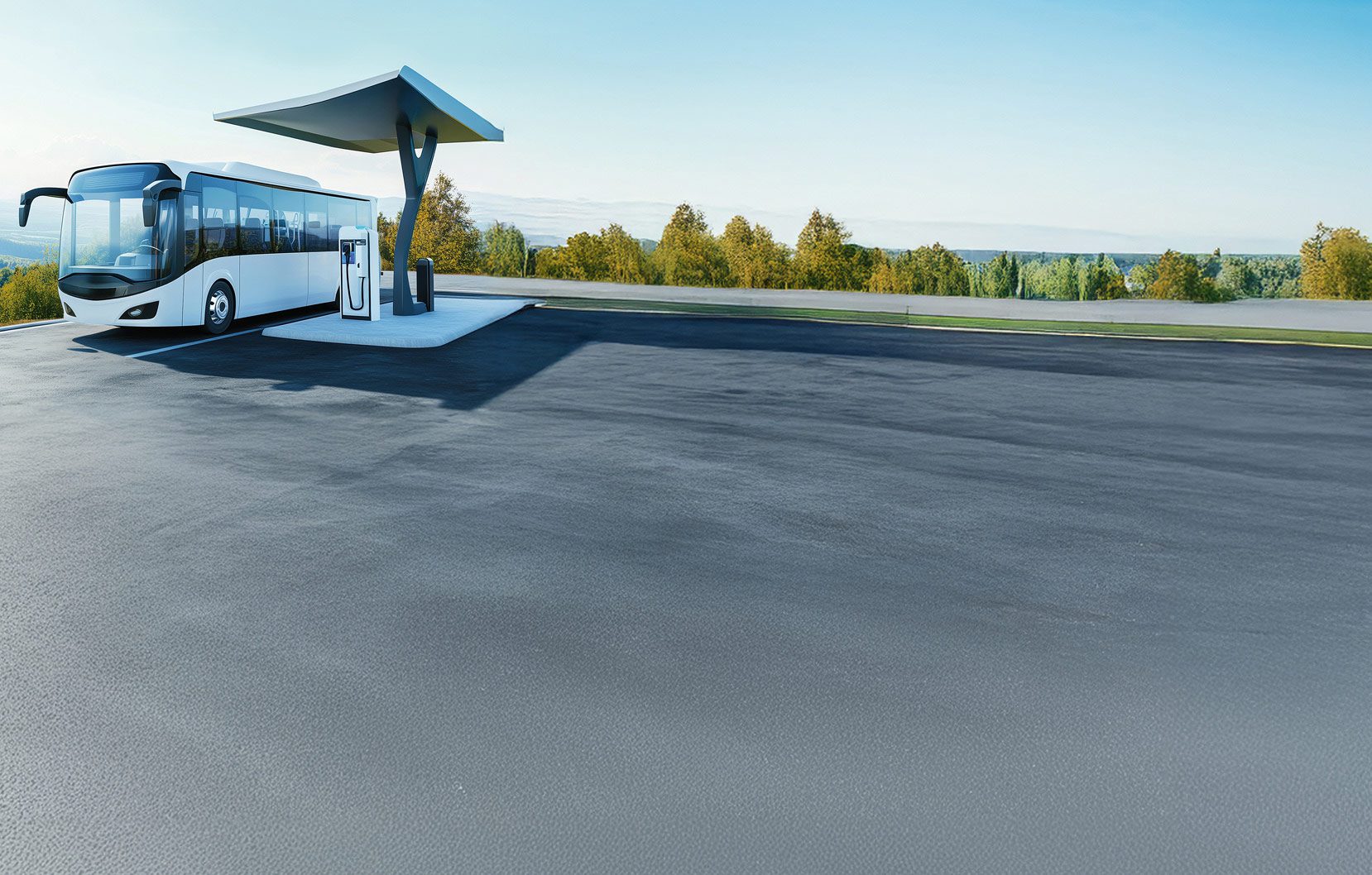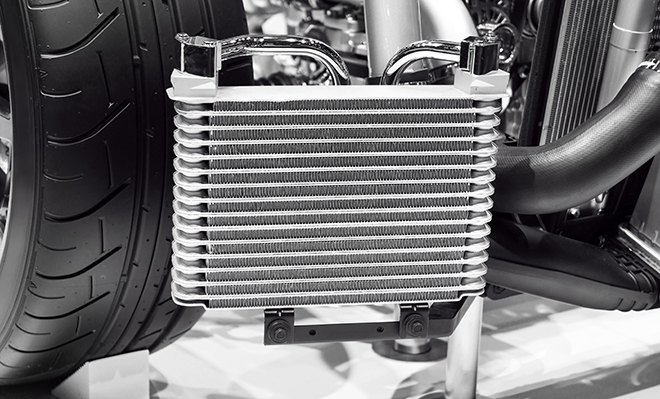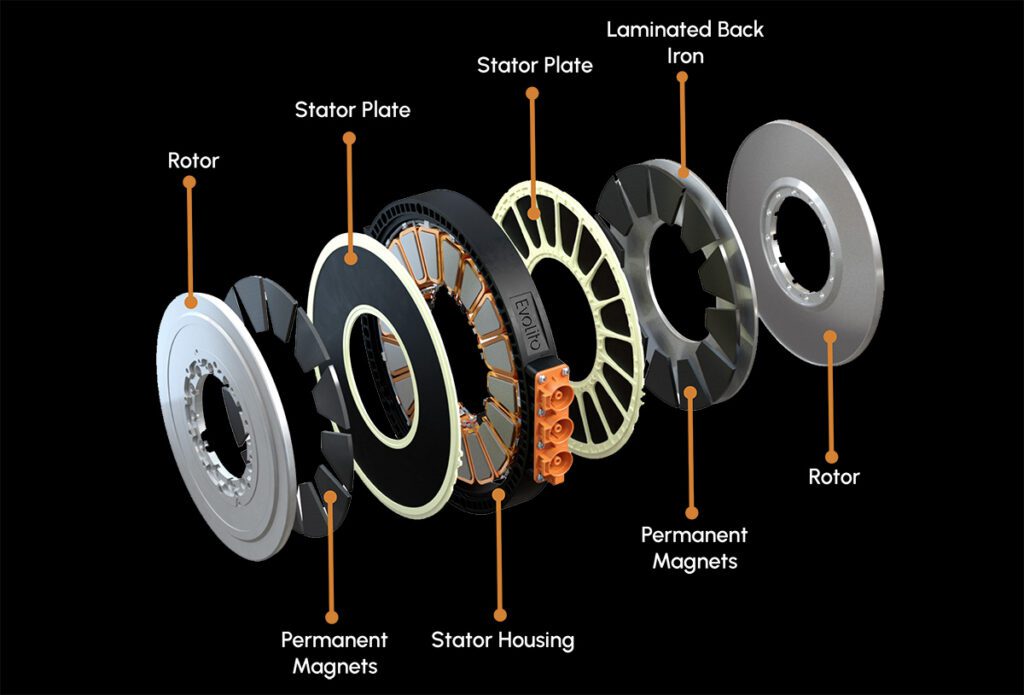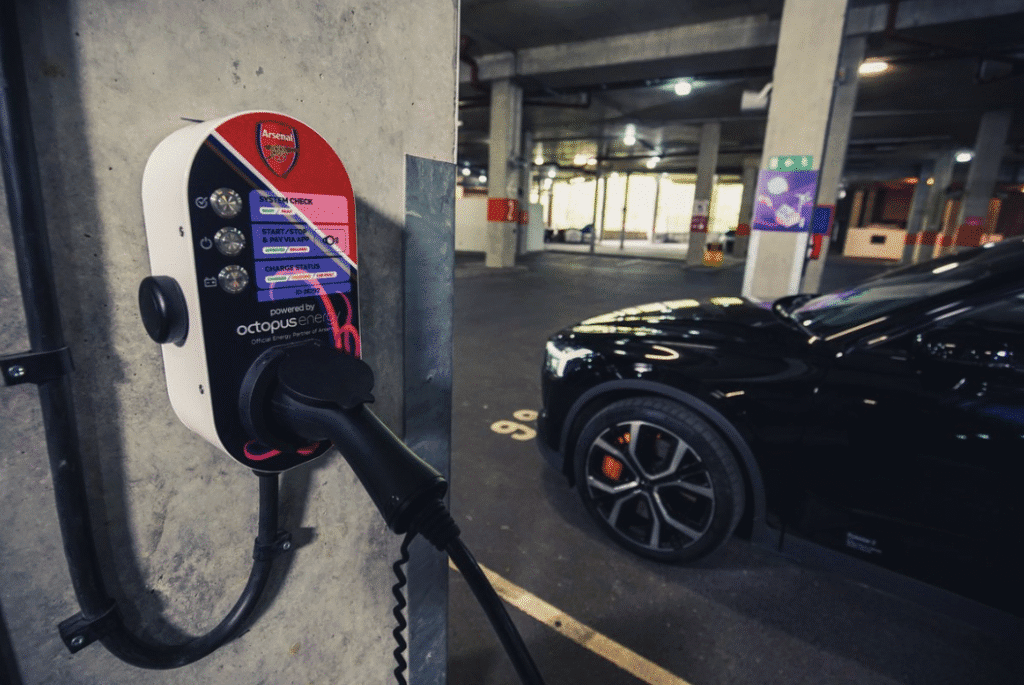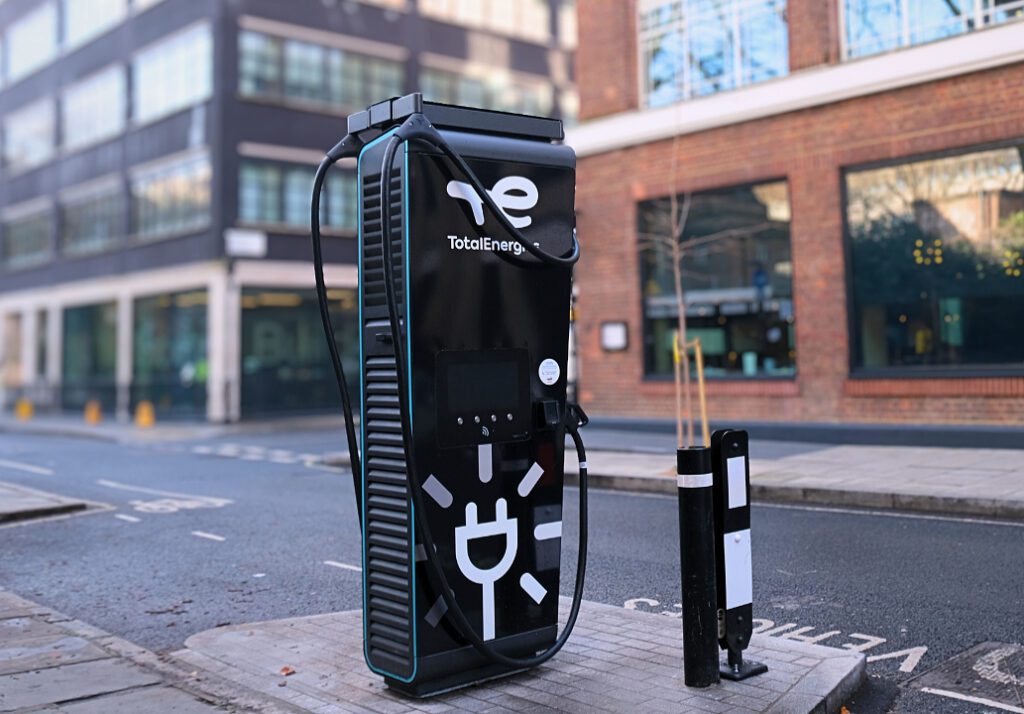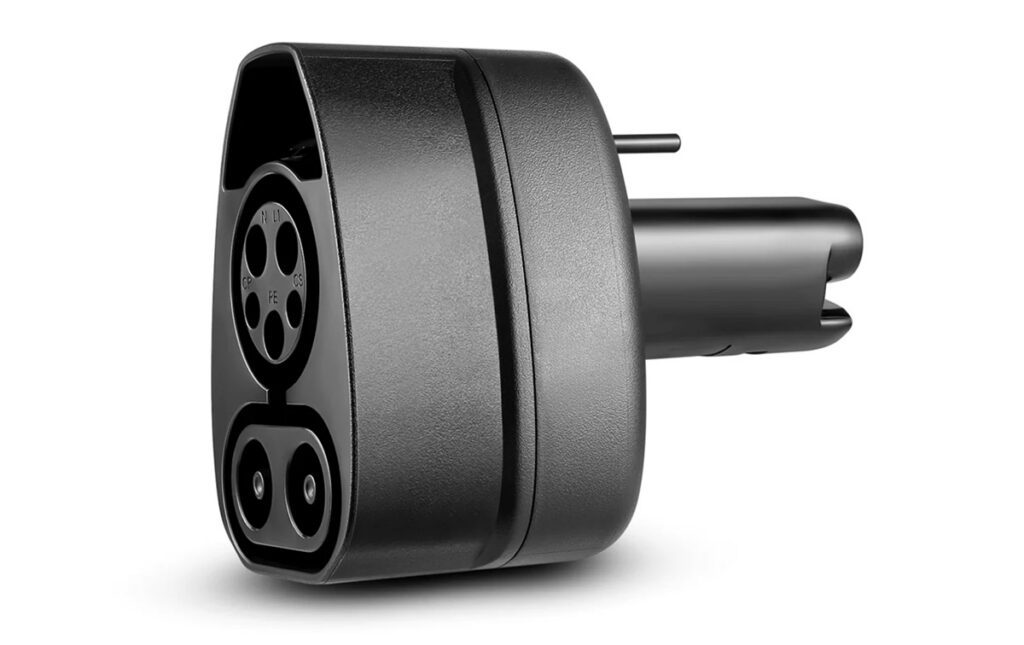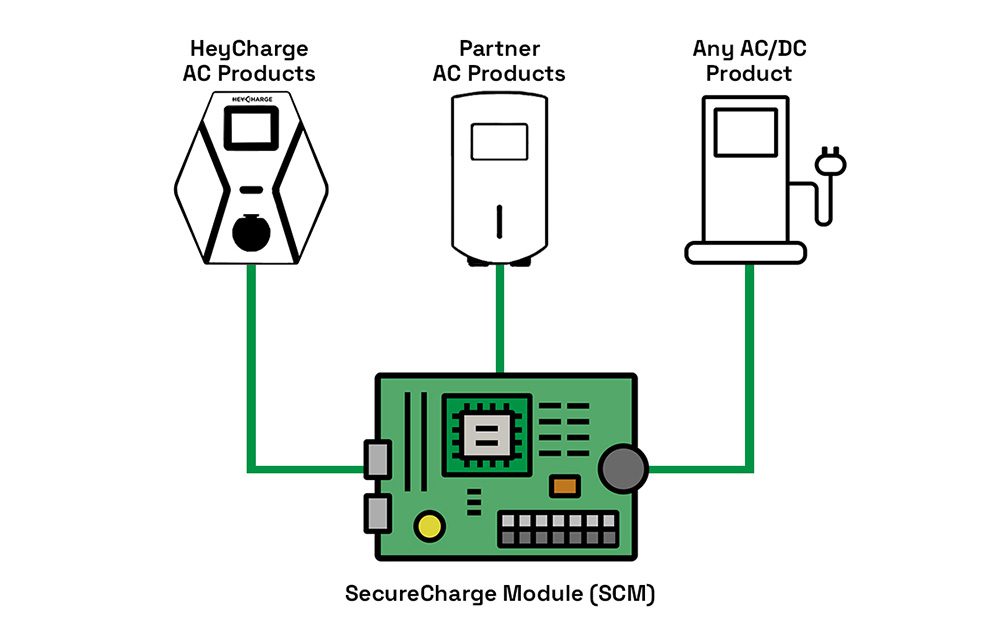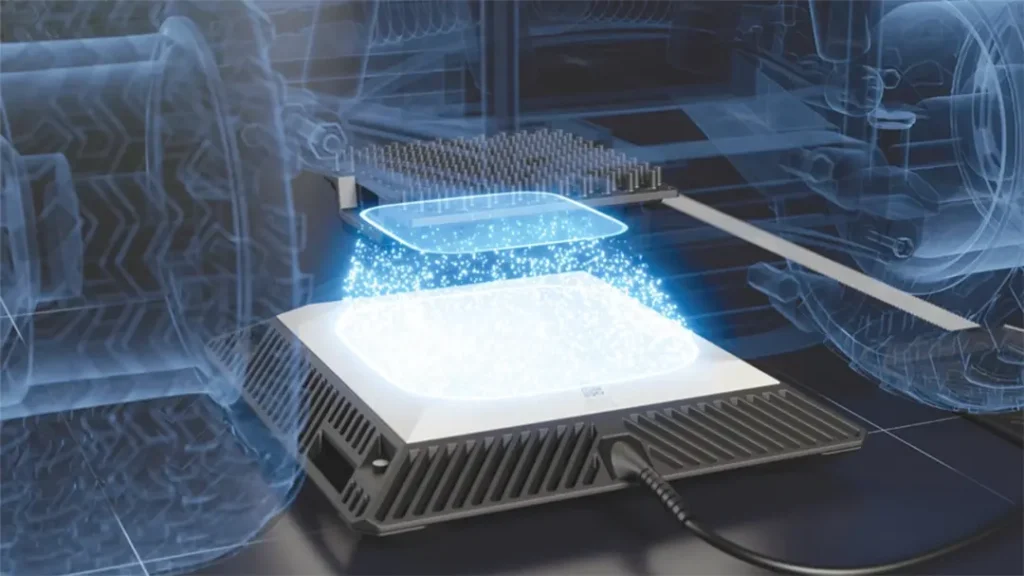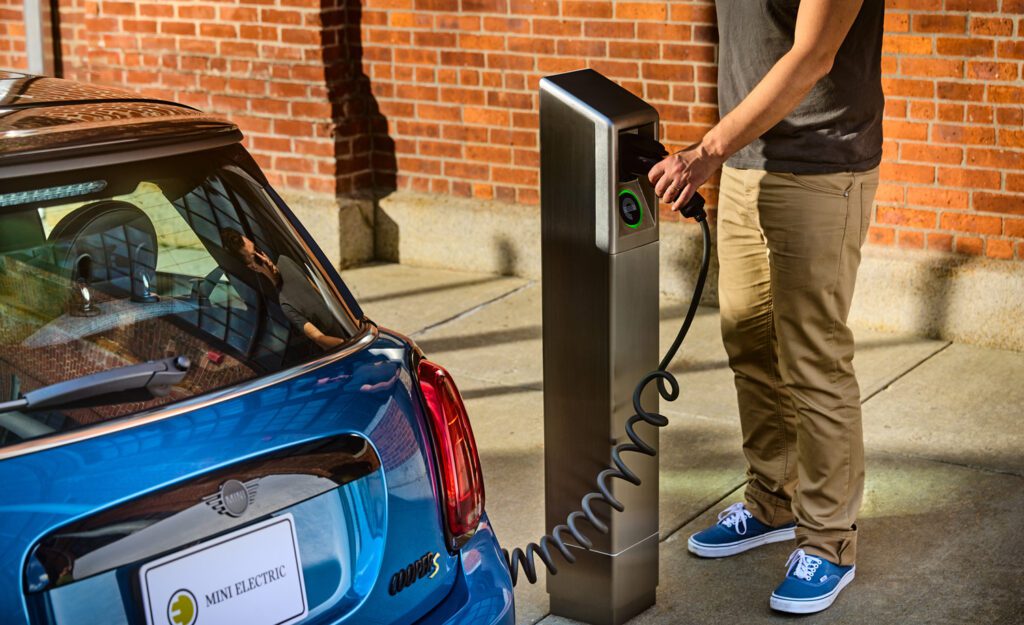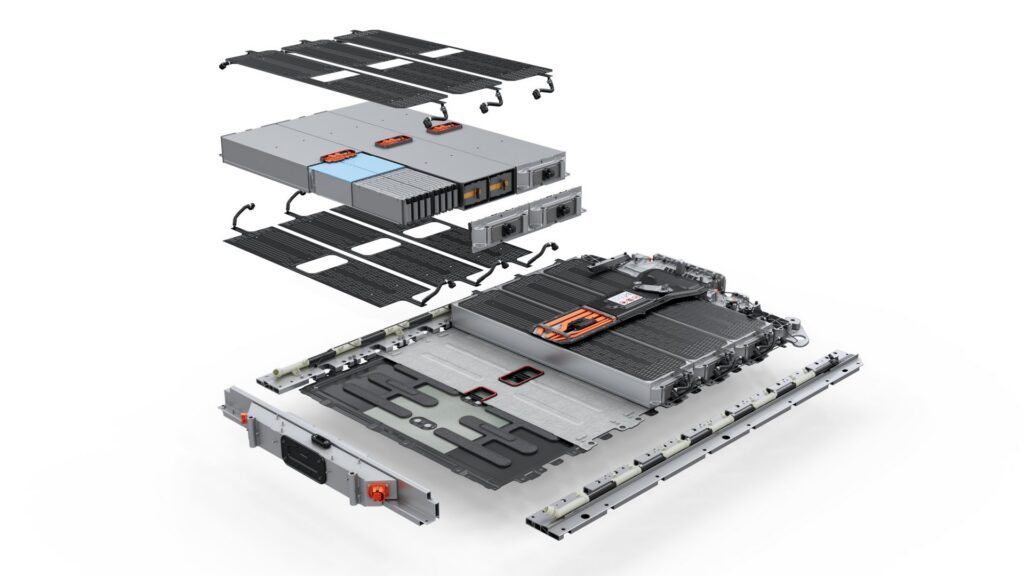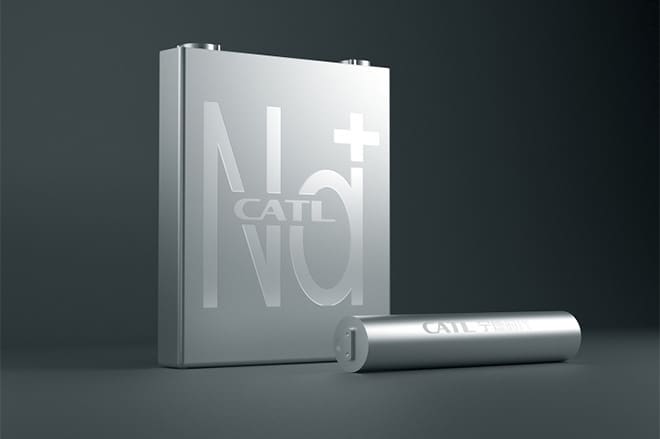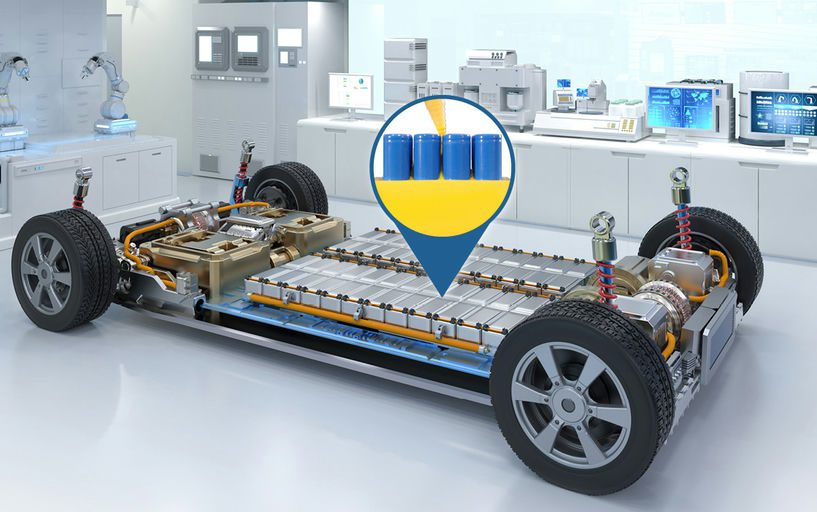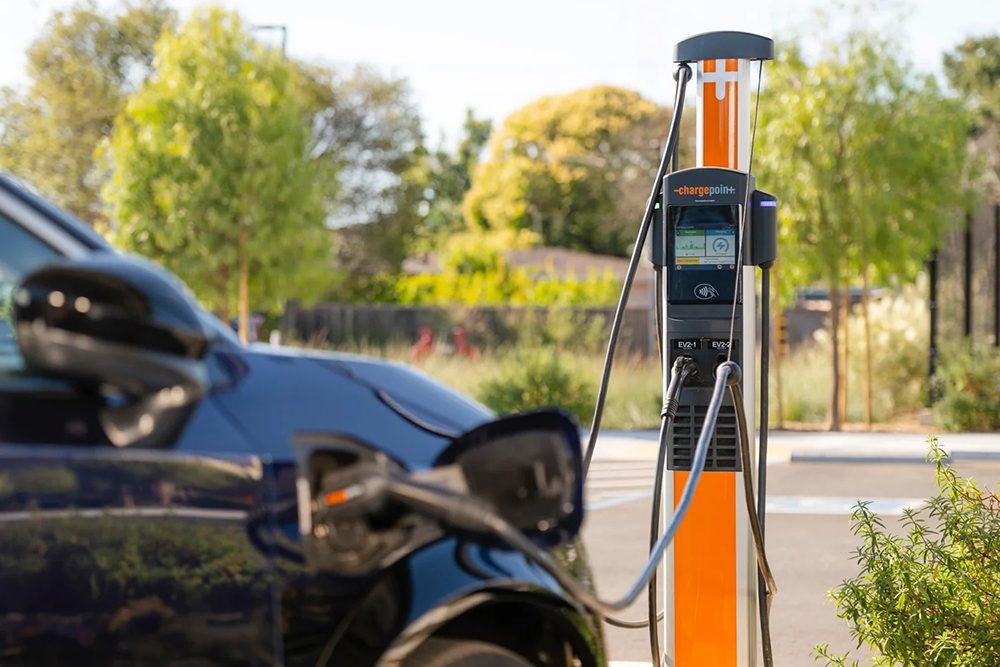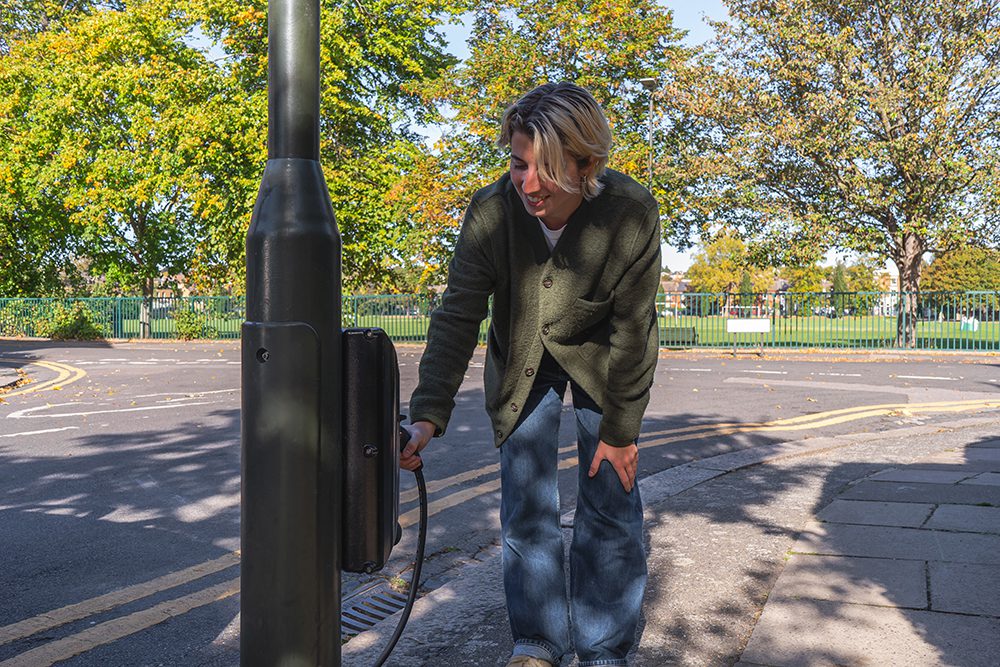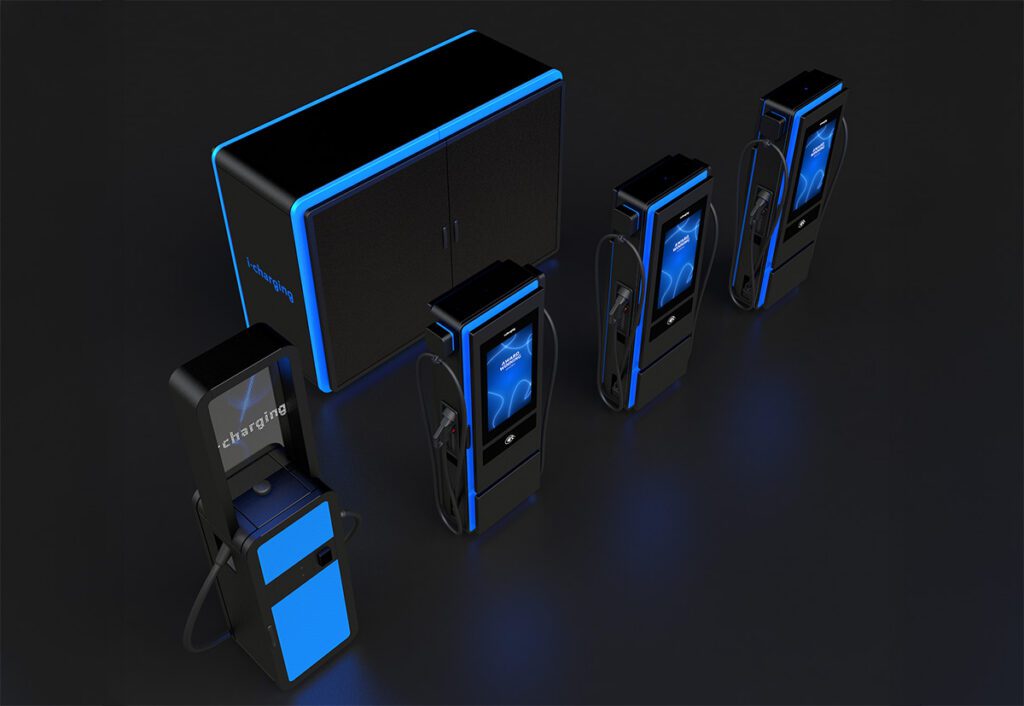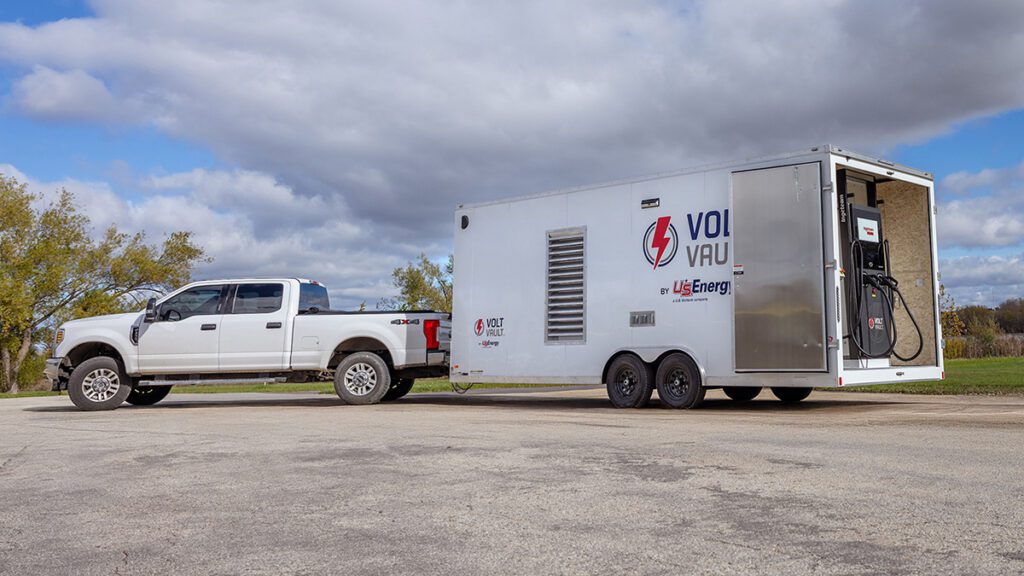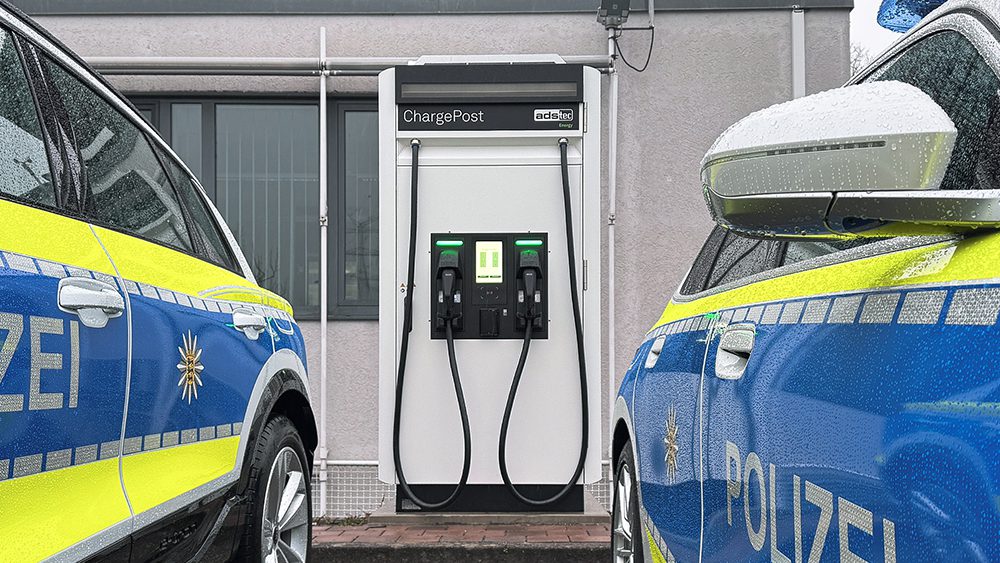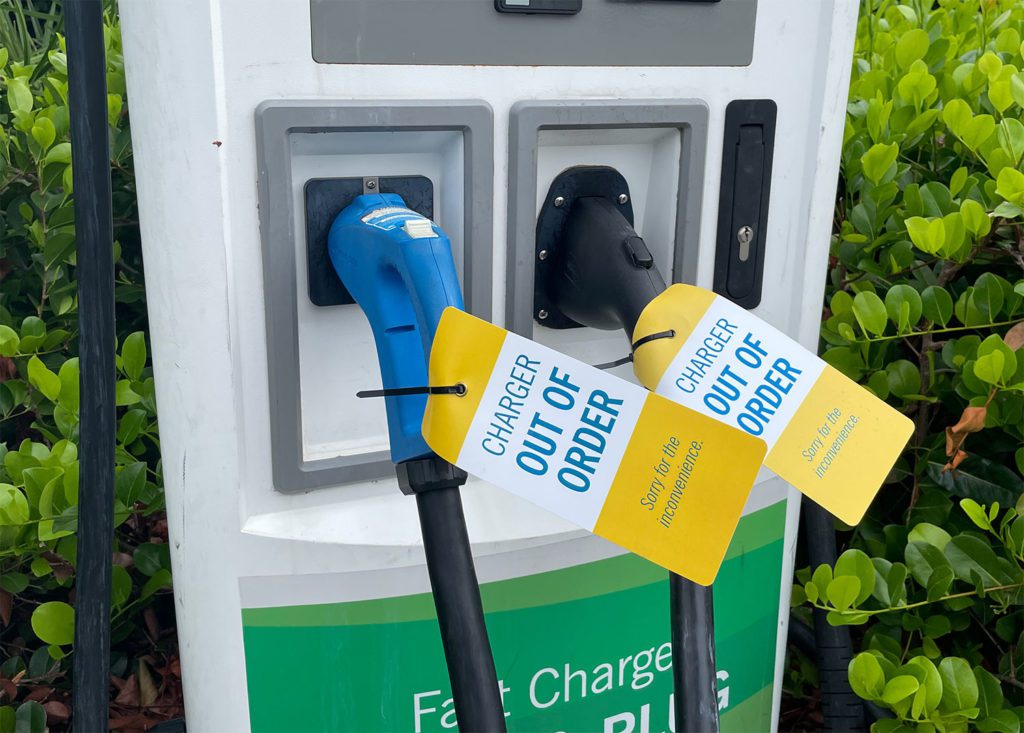City, University of London has received a £121,000 grant from the Engineering and Physical Sciences Research Council (EPSRC) and Williams Advanced Engineering to test several promising thermal management technologies in a project known as Battery Integrated Power Electronics for EV Drive train (BIPED). The project seeks to distribute battery packs and circuitry in a way that simplifies heat management and significantly reduces vehicle weight.
Currently, power electronics are packed together, generate large quantities of waste heat and require heavy cooling systems. BIPED suggests an alternative: distribute both battery packs and power electronics into small units for each motor. City researchers claim that this change will simplify thermal management to the extent that radiators will no longer be needed.
Also, power cables can be made shorter (and therefore lighter) and will only need to handle 25 A instead of 300 A. Lower voltage and current transistors can be used, further reducing weight. Though there are more units to handle, BIPED proposals do not increase the number of internal communications wires. As a final bonus, each battery module is set to be less than 50 V, making post-crash recovery much safer as well.
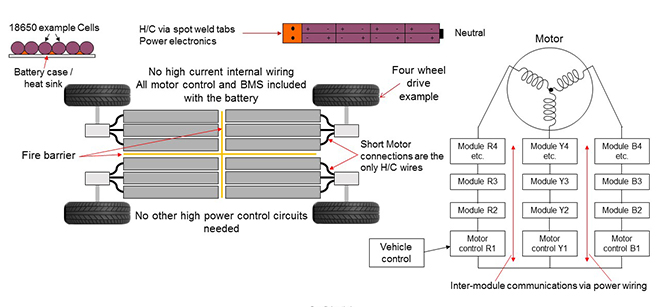
Source: City, University of London

